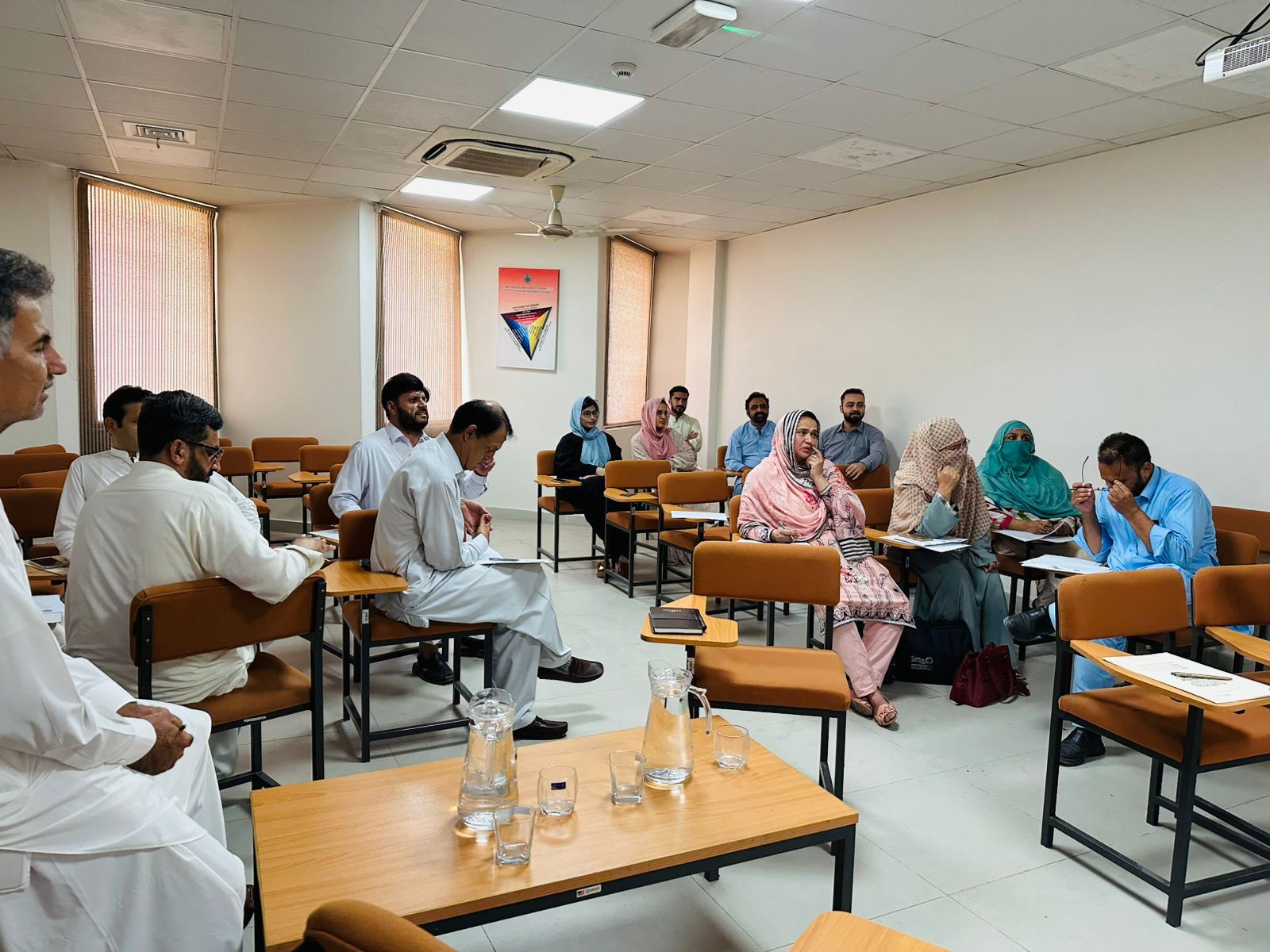UET Peshawar is at the forefront of a significant undertaking to modernize and expand the vocational training landscape in Khyber Pakhtunkhwa. This initiative, part of the Khyber Pakhtunkhwa Rural Economic Transformation Project (KP-RETP), focuses on ensuring that the training programs offered by the Technical Education and Vocational Training Authority (TEVTA) are directly aligned with current market needs and industry demands. The core objective is to bridge the gap between the skills taught in vocational centers and the skills required by employers, thereby enhancing the employability of graduates and contributing to rural economic development.
Identifying High-Demand Courses
The initial phase of this strategic initiative involved a comprehensive process to identify courses with high market relevance. UET Peshawar employed a multi-dimensional approach, including:
- Surveys:Engaging with employers to understand their current and future skill requirements.
- Focus Groups:Bringing together experts, industry professionals, and educators to discuss emerging trends and skill gaps.
- International Best Practices:Researching successful vocational training models and curricula from other countries to draw insights and benchmarks.
- Desk Reviews:Analyzing existing labor market reports, industry analyses, and government priorities to identify in-demand sectors and occupations.
Through this rigorous process, 50 high-demand, market-relevant courses were initially identified.
Approval and Implementation Phases
Following the identification phase, the proposed courses underwent a thorough review by KP-RETP. This review aimed to ensure that the selected courses met the project’s objectives, financial feasibility, and strategic priorities. Ultimately, 40 of these courses received approval for implementation, signifying their critical importance to the provincial economy.
The approved 40 courses are being addressed in two distinct ways to maximize their impact:
- 28 Courses Requiring Updates:A significant portion of the approved courses (28) are existing curricula that need to be updated. This involves revising course content, learning outcomes, teaching methodologies, and assessment strategies to reflect the latest industry practices, technological advancements, and employer expectations. The goal is to make these existing programs current and highly relevant.
- 12 Newly Developed Courses:The remaining 12 approved courses represent entirely new areas of vocational training. For these, UET Peshawar is undertaking the complete development of curricula from the ground up. This includes defining course objectives, outlining detailed content modules, specifying required infrastructure and equipment, and designing robust assessment frameworks.
Ensuring Quality and Impact
This meticulous process of curriculum updating and development is crucial for several reasons:
- Demand-Driven:It ensures that the training programs are not just theoretical but directly address the skills shortages identified in the market.
- Quality Standards:By involving industry experts and adhering to international best practices, the initiative aims to elevate the quality and rigor of TEVTA’s offerings.
- Maximized Impact and Effectiveness:Ultimately, by providing industry-relevant skills, the project aims to improve the employability of TEVTA graduates, contribute to local economic growth, and ensure the training programs yield tangible and sustainable results.
This strategic coordination mechanism is vital step towards strengthening the vocational training ecosystem in Khyber Pakhtunkhwa, making it more responsive and impactful for the end users.
